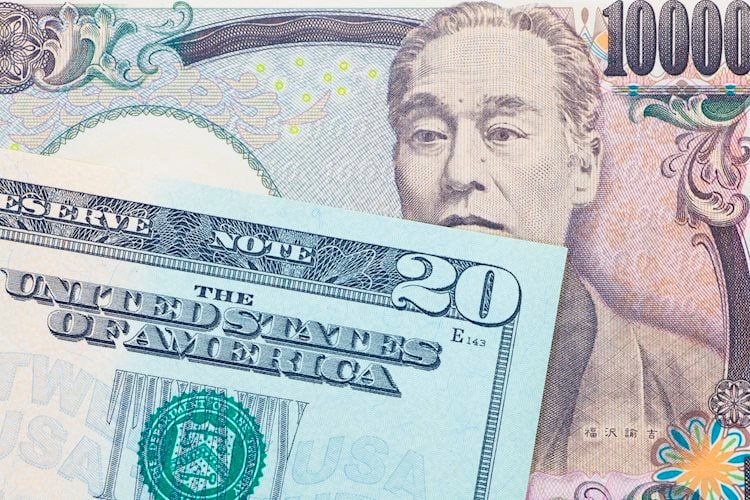The Nobel Peace Prize awarded this Friday the United Nations World Food Program (WFP), announced the Norwegian Nobel Committee, arguing that the need for multilateral solutions was “more visible than ever”.
Receiving the Nobel Peace Prize is a “moment of pride”, reacted a spokesperson for the Program. “One of the beauties of WFP’s work is that not only are we providing food for today and tomorrow, but we are also giving people the knowledge to support themselves in the days that follow,” media Tomson Phiri, during a regular press briefing in Geneva, just after finding out live that his organization had been awarded.
Situation aggravated with the coronavirus
WFP is also rewarded as the pandemic caused by the new coronavirus has sharply increased the number of famine victims around the world. “People who needed help are going to need help longer and new people will find themselves in a situation of food insecurity because of the Covid-19″, recently declared Arif Husain, senior economist of the organization.
“Conflict was still the main driver of food crises in 2019, but extreme weather conditions and economic shocks have become increasingly important,” said a global report on food crises 2020, released last April by food agencies. the United Nations, including WFP.
Worsening in conflict zones
Some 135 million people in 55 countries affected by conflict and climate challenges were “acutely food insecure” in 2019, according to the report. This was the highest figure in this study for four years.
In 2019, Africa is still paying the heaviest price for this situation, with 73 million people affected. Among the countries with the most severely affected population are South Sudan (61%), Yemen (53%) or Afghanistan (37%).
This worsening of food insecurity is particularly noticeable in conflict zones such as the Democratic Republic of the Congo and South Sudan, or countries affected by worsening drought or their economic situation, such as Haiti, Pakistan and the United States. Zimbabwe.
With the coronavirus, the situation could deteriorate further, according to the report, because these countries have “a very limited or non-existent capacity to cope with both the health and economic consequences” of this health crisis.
With 6 years of experience, I bring to the table captivating and informative writing in the world news category. My expertise covers a range of industries, including tourism, technology, forex and stocks. From brief social media posts to in-depth articles, I am dedicated to creating compelling content for various platforms.






